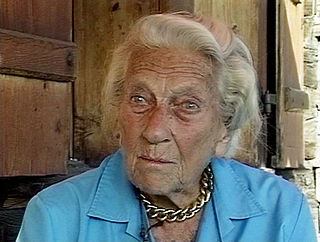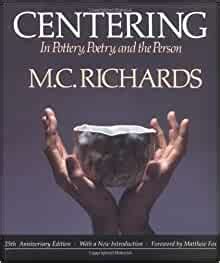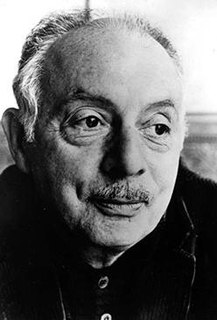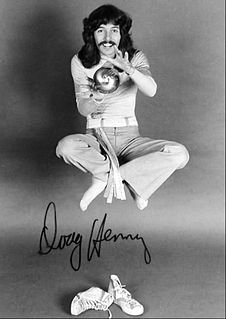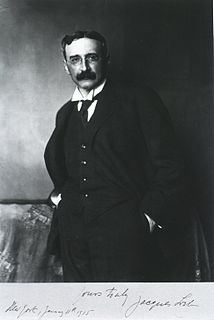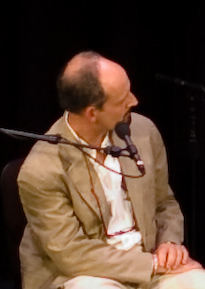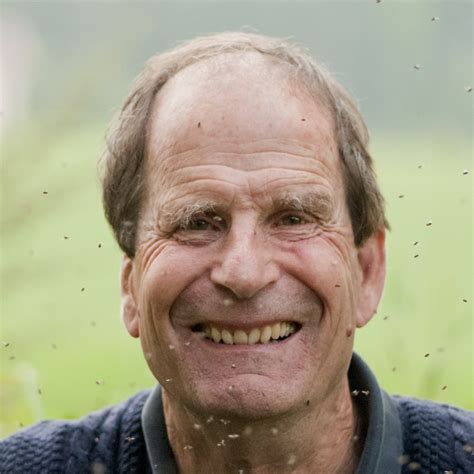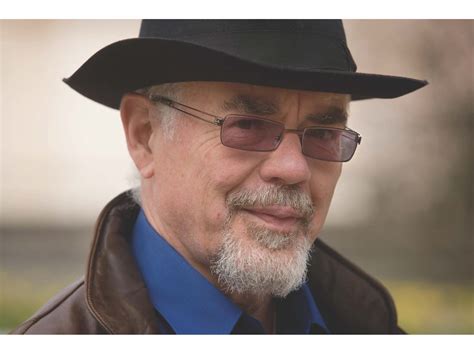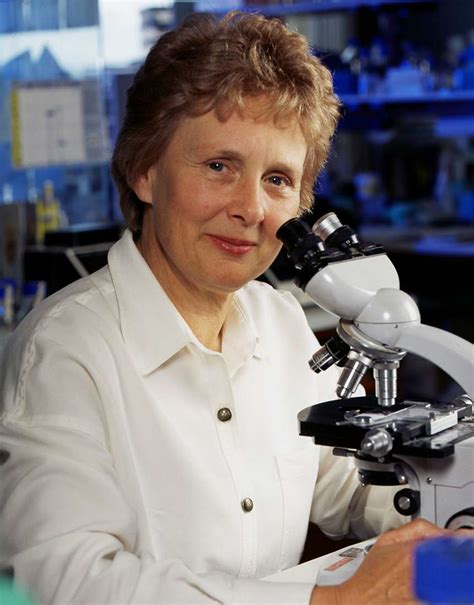A Quote by Rachel Carson
If a child is to keep alive his inborn sense of wonder, he needs the companionship of at least one adult who can share it, rediscovering with him the joy, excitement, and mystery of the world we live in.
Quote Topics
Related Quotes
I'm no longer a child and I still want to be, to live with the pirates. Because I want to live forever in wonder. The difference between me as a child and me as an adult is this and only this: when I was a child, I longed to travel into, to live in wonder. Now, I know, as much as I can know anything, that to travel into wonder is to be wonder. So it matters little whether I travel by plane, by rowboat, or by book. Or, by dream. I do not see, for there is no I to see. That is what the pirates know. There is only seeing and, in order to go to see, one must be a pirate.
The child takes in his world as if it were food. And his world nourishes or starves him. Nothing escapes his thirst. Secrets are impossible. He identifies with his surroundings and they live within him unconsciously; it is perhaps for this reason that the small child has been characterized as naturally religious.
To be more childlike, you don't have to give up being an adult. The fully integrated person is capable of being both an adult and a child simultaneously. Recapture the childlike feelings of wide-eyed excitement, spontaneous appreciation, cutting loose, and being full of awe and wonder at this magnificent universe.
A child is an eager observer and is particularly attracted by the actions of the adults and wants to imitate them. In this regard an adult can have a kind of mission. He can be an inspiration for the child's actions, a kind of open book wherein a child can learn how to direct his own movements. But an adult, if he is to afford proper guidance, must always be calm and act slowly so that the child who is watching him can clearly see his actions in all their particulars.
Mystery has great power. In the many years I have worked with people with cancer, I have seen Mystery comfort people when nothing else can comfort them and offer hope when nothing else offers hope. I have seen Mystery heal fear that is otherwise unhealable. For years I have watched people in their confrontation with the unknown recover awe, wonder, joy, and aliveness. They have remembered that life is holy, and they have reminded me as well. In losing our sense of Mystery, we have become a nation of burned-out people. People who wonder do not burn out.
Remember to build each other up, to strengthen and sustain, to keep companionship lovely and alive. Remember dignity and respect; understanding; not expecting perfection; a sense of humor and a sense of what is sacred and serious; common purposes, common convictions, and the character to stay with a bargain, to keep a covenant - in these are the making of a good and solid marriage.




